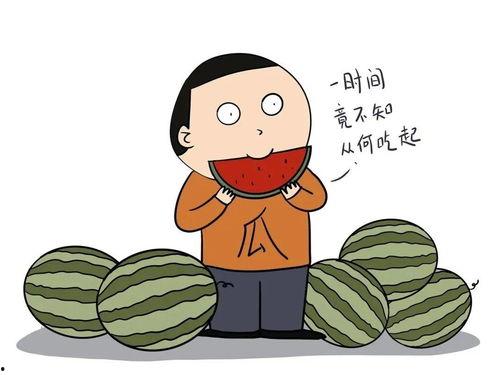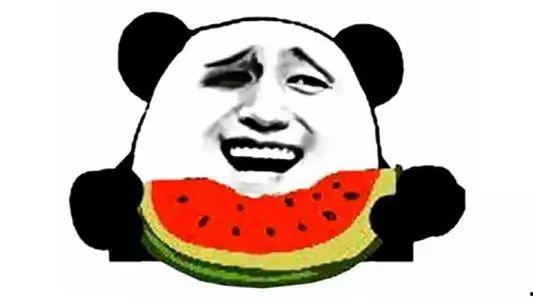Hey there, curious soul! Have you ever found yourself in a sea of spectators, just like a fly on the wall, watching the world go by? Well, let's dive into the fascinating world of the English language and explore how you, the everyday observer, can express your identity as a \gawker\ or \scooper\ in the global arena. So, are you ready to uncover the secrets behind this quirky phrase? Let's get started!

The term \gawker\ might sound a bit odd at first, but it has a rich history. It originated from the Middle English word \gawken,\ which means to gaze or to look curiously. Over time, it transformed into \gawker,\ referring to someone who is overly curious or who loves to watch others. Now, let's see how this term has evolved into the English expression \you are which eater of melons?\
From Melons to Gossip: The Birth of the Modern Expression
The modern expression \you are which eater of melons?\ is a playful twist on the original term. It gained popularity in the digital age, especially among internet users who enjoy sharing juicy bits of information or gossip. The phrase is believed to have originated from a meme or a joke that went viral on social media platforms. It's a clever play on words, combining the idea of a \gawker\ with the image of someone eating a melon, symbolizing the act of consuming information.

So, why is this phrase so appealing? Well, for starters, it's catchy and easy to remember. It's also a fun way to describe someone who loves to keep up with the latest news, trends, or rumors. Plus, it has a certain charm that makes it feel like you're part of an exclusive club of information enthusiasts.

The beauty of the \eater of melons\ phrase is that it transcends cultural and linguistic boundaries. It's a universal term that can be understood by anyone, regardless of their native language. This is due to the simplicity and playfulness of the phrase, which makes it easy to translate and adapt into different languages.
For example, in Spanish, it could be \tú eres quién come sandías,\ and in French, it might be \tu es qui mange des melons.\ The essence of the phrase remains the same, emphasizing the identity of the person as an avid consumer of information.
In today's digital world, the \eater of melons\ has become a symbol of the modern-day information consumer. With the rise of social media, everyone has the power to be a \gawker\ or a \scooper,\ sharing and consuming information at an unprecedented rate. This phrase encapsulates the spirit of curiosity and the desire to stay informed in an ever-changing world.
The \eater of melons\ phrase has a certain power. It can bring people together, fostering a sense of camaraderie among those who share a passion for staying updated. It also serves as a reminder that we are all connected by our thirst for knowledge and the desire to understand the world around us.
So, there you have it, a delightful journey through the world of the \eater of melons.\ Whether you're a seasoned information enthusiast or just dipping your toes into the vast ocean of digital content, this phrase is a fun way to express your identity as a curious observer. So, the next time someone asks, \Are you which eater of melons?\ you'll know exactly how to answer with a smile and a sense of pride. Happy gawking!